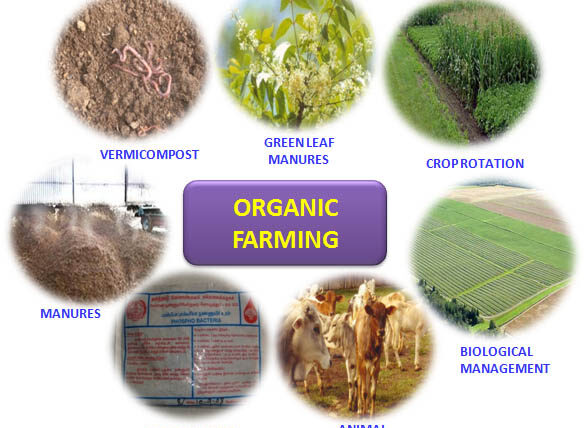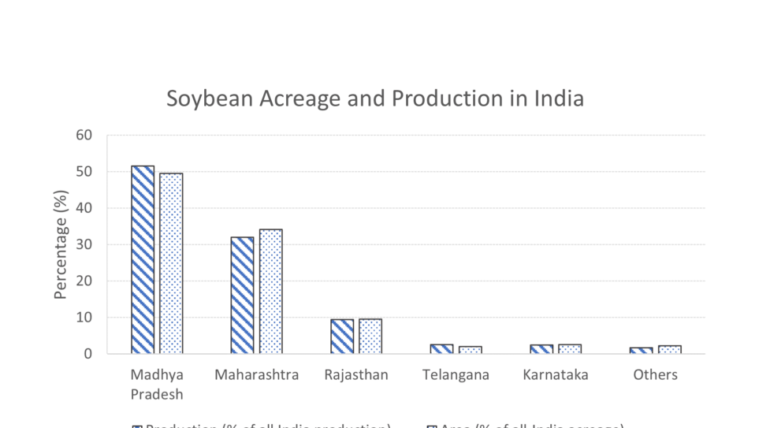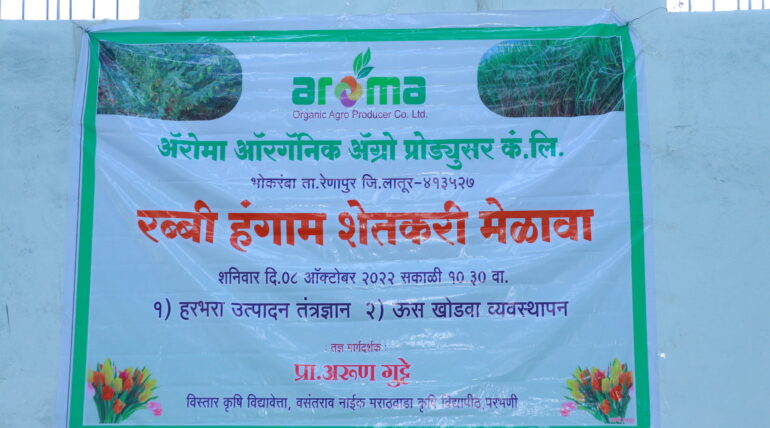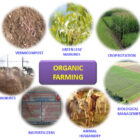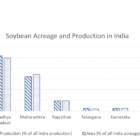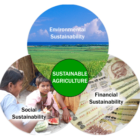Organic Farming
Organic Farming with Aroma Organice
India is a land of agriculture which contributes to a major proportion of the country’s economy. While in the past decades, urbanization and globalization corrupted the agricultural output with chemical fertilizers, the country is again leading towards organic ways in agriculture. In the World’s Organic Agricultural land tally, India has been awarded the fifth position and has grabbed the first spot in terms of the total number of organic producers. The government of India is also continuously putting relentless efforts in establishing organic farming as a major practice among farmers by providing subsidies, and schemes and pushing initiatives like the National Program for Organic Production involving the accreditation of certification bodies, formulating standards for organic production, promotion and marketing of organic farming under Agricultural and Processed Food Products Export Development Authority. Such accreditation fosters international recognition of organic products produced in India. Moreover, there is an extensive burden on the governments to provide subsidies to farmers on the purchase of chemical fertilizers which has increased manifolds in the last decade. In order to tackle this challenge, organic farming is the only way out. It can emerge as an effective substitute for chemical fertilizers, for which we are paying heavy prices by importing them and causing detrimental effects on the climate as well as the health of the country’s citizens. Adding to this, private players are also significantly contributing to advocating organic farming. All these efforts are being propelled to position organic farming as a solution and way towards sustainable agriculture. Let’s find out how organic farming is sustainable in nature.

